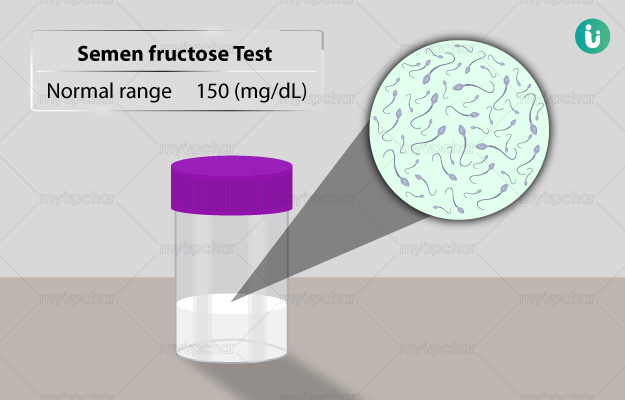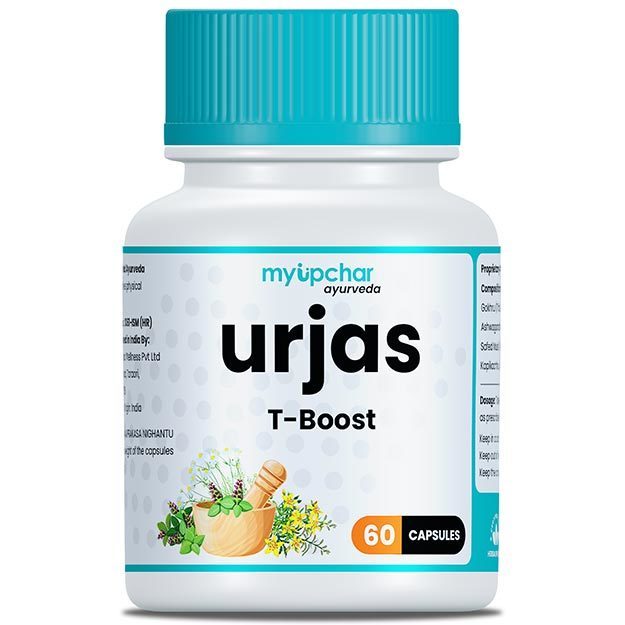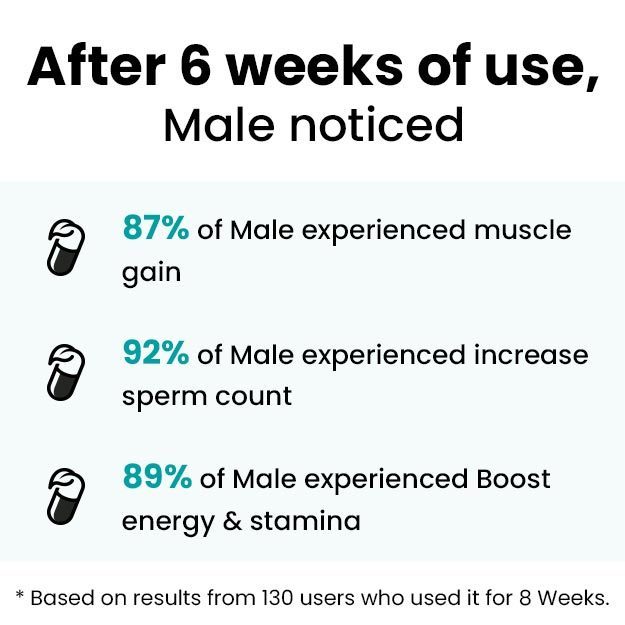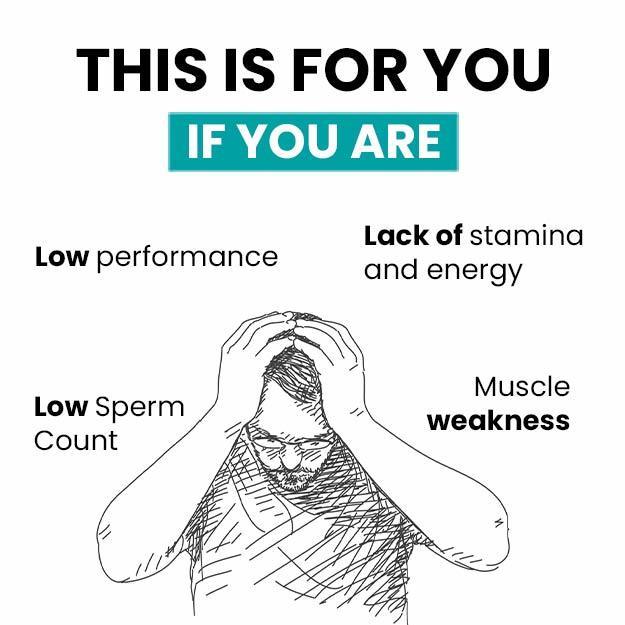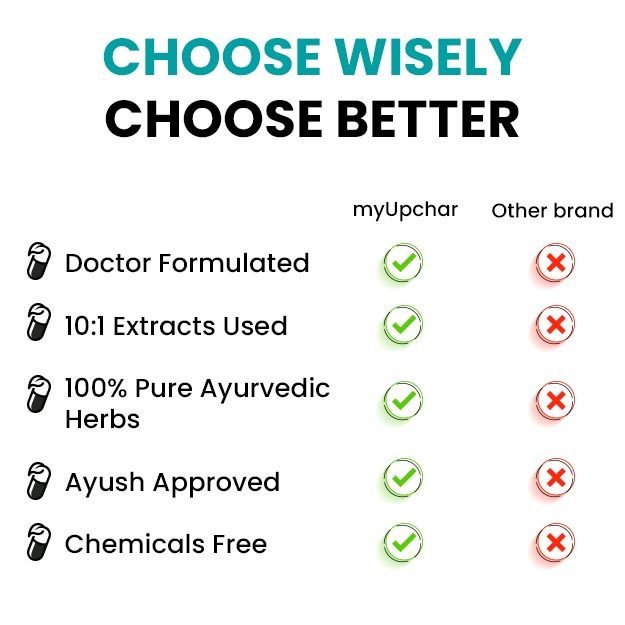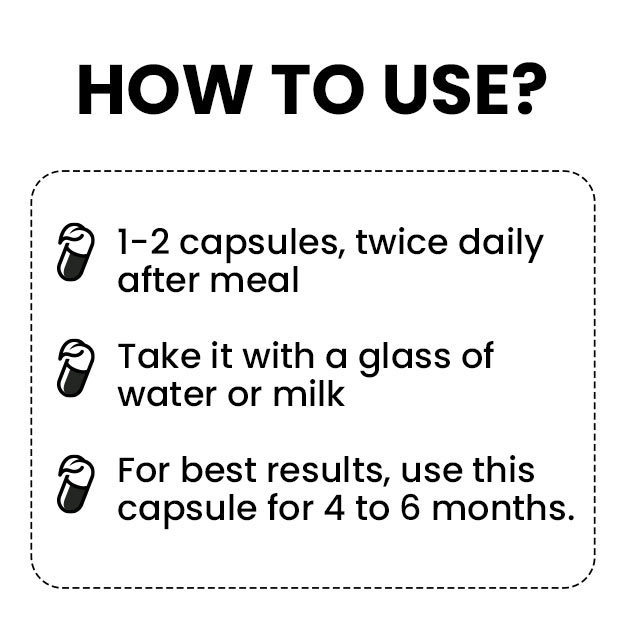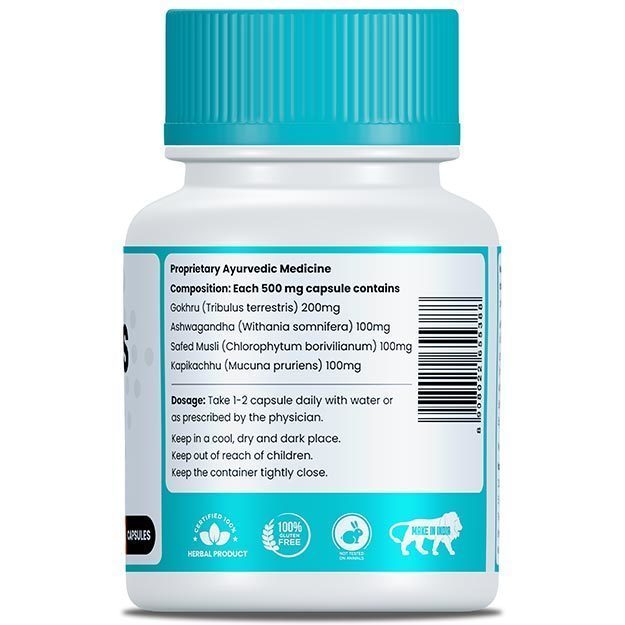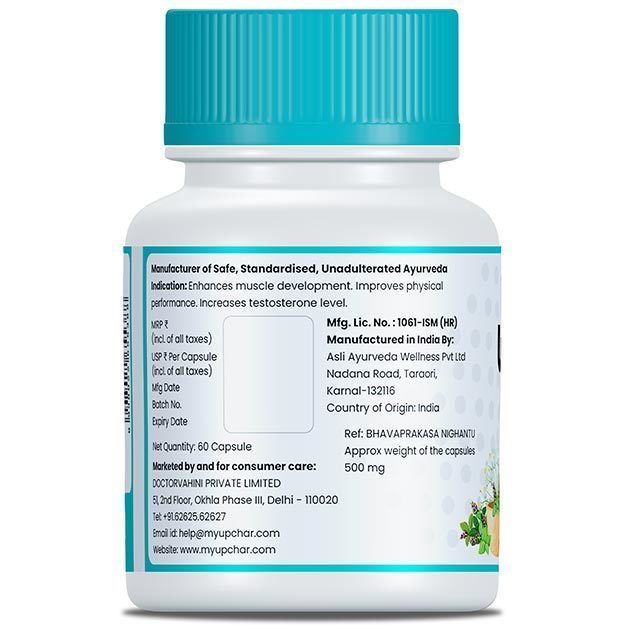What is Semen Fructose test?
Semen fructose test is a part of semen analysis. It measures the amount of fructose present in the semen of a person. Semen is a thick and white fluid, which contains sperms (male reproductive cells) along with secretions of various glands such as seminal vesicles. The seminal vesicle contributes almost 70% of the semen. Secretions from the seminal vesicles include seminal fructose, proteins, vitamin C, enzymes and prostaglandins. Fructose is a sugar that provides energy for the movement of the sperm.
The seminal vesicle along with vas deferens (a tube that transports the mature sperm) forms an ejaculatory duct that releases the semen into the urethra - the tube that carries urine.
Obstruction in the seminal vesicle or absence of seminal vesicle/vas deferens may lead to absence of fructose in the semen. Hence, a semen fructose test will help in determining the proper functioning of seminal vesicle and vas deferens.

